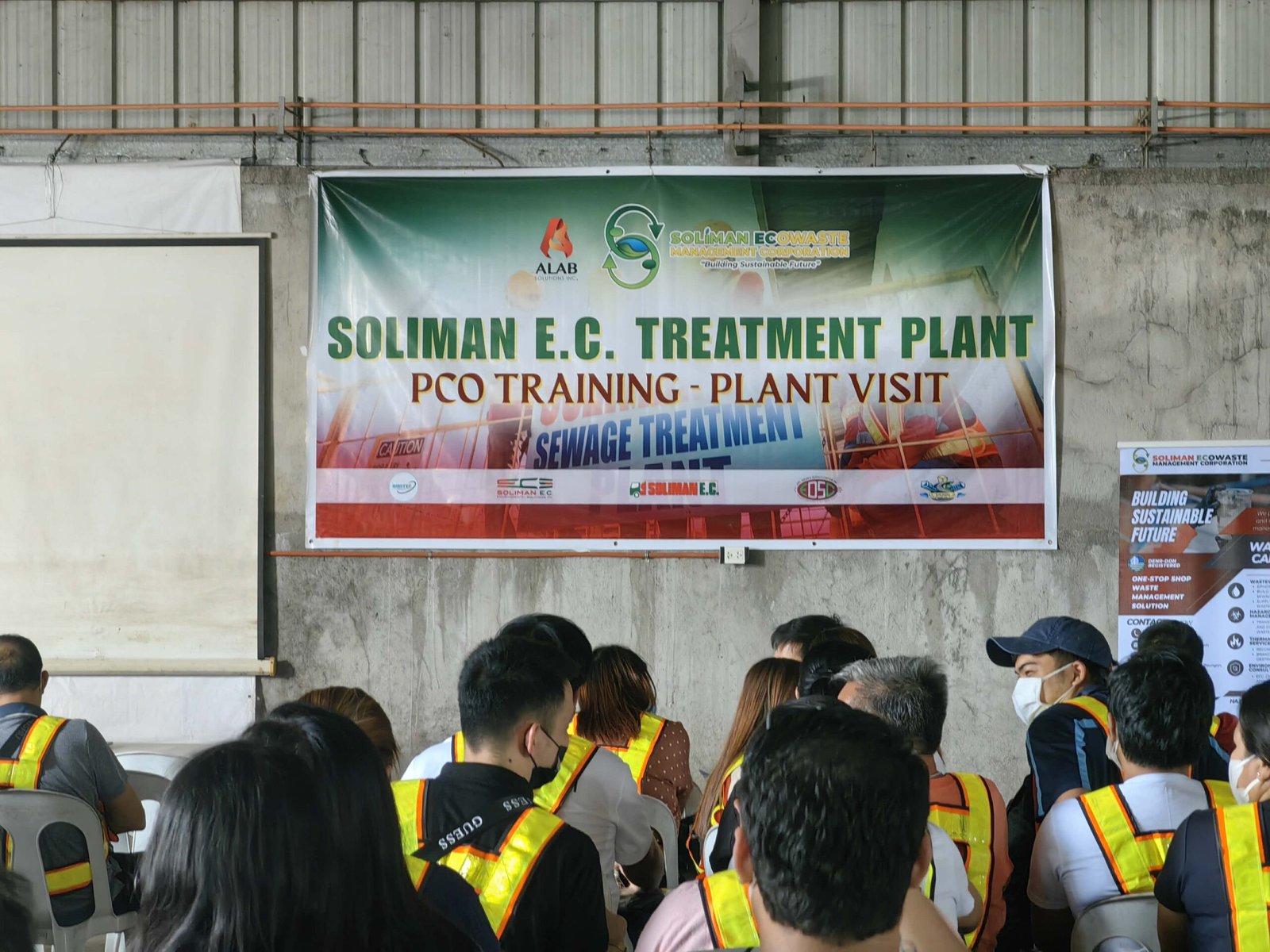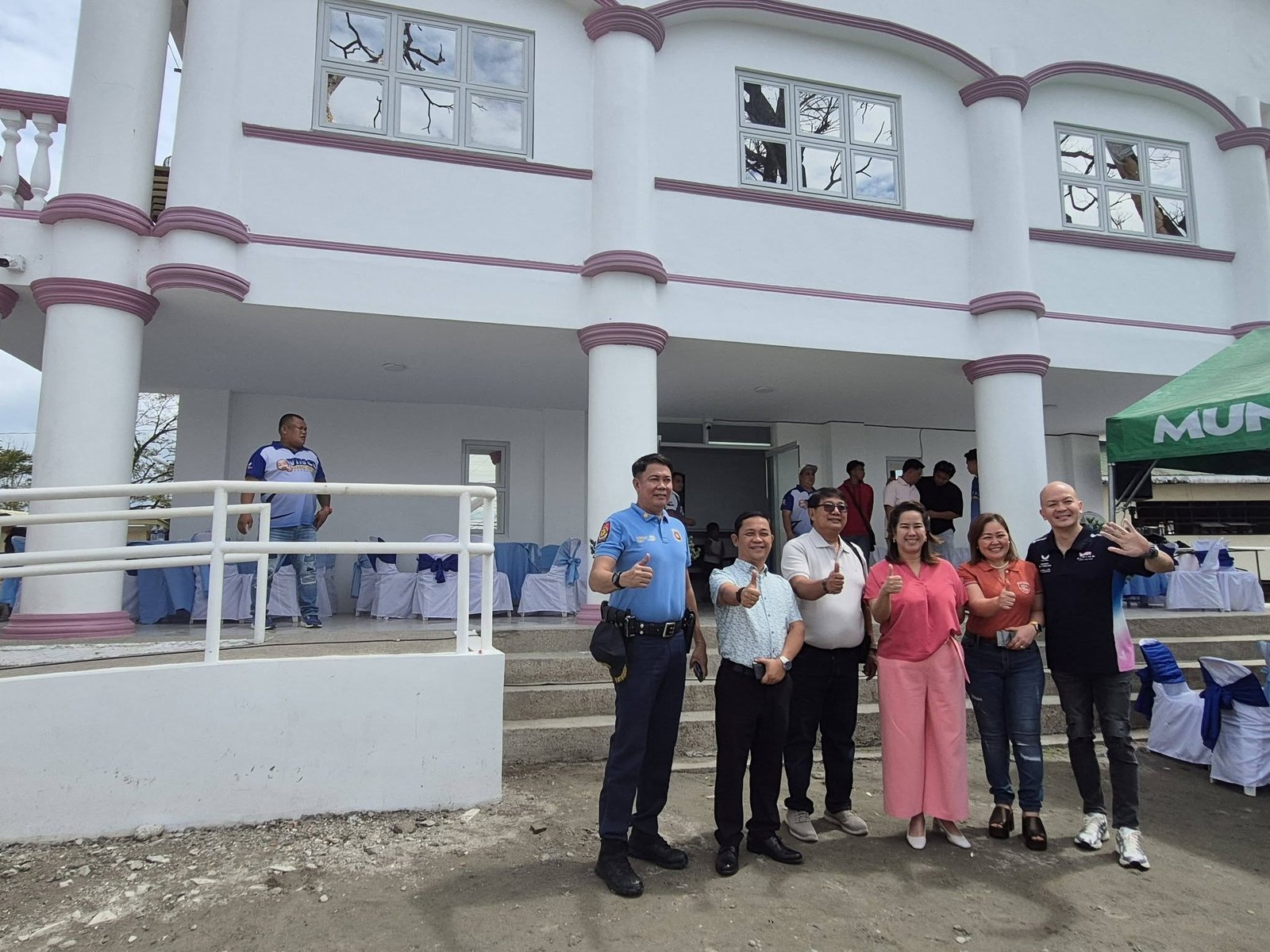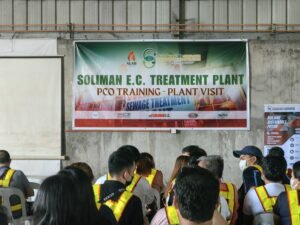The Department of Agriculture (DA) believes that by adopting some changes in the traditional system of the farming sector, the Philippines can achieve food security.
DA Undersecretary for Policy, Planning, and Regulations Asis Perez said the country can achieve food security by boosting agricultural production and ensuring that food is reasonable and affordable for the people.

“Our farmers are doing well, but we need to support them more so they can get better,” he emphasized during the Bagong Pilipinas Food Security Cluster Communications Workshop held at the Science City of Muñoz.
DA envisions a system that focuses on the entire agricultural value chain from the preparation before planting season, during planting time, post-harvesting, selling, marketing, and even processing.


“Let’s try to help each other so that the entire agricultural value chain becomes strong and resilient,” he added.
Perez mentioned that every sector in the value chain namely farmers, processors, traders, and wholesalers must earn.
“There is nothing wrong when the whole chain is profitable because every single part of the chain has an invaluable contribution to reaching the country’s food security,” he said.

𝗦𝗵𝗶𝗳𝘁𝗶𝗻𝗴 𝘀𝘁𝗿𝗮𝘁𝗲𝗴𝗶𝗲𝘀
There is a need to optimize idle land and water bodies to expand and improve available agri-fisheries areas for increased production.
“We have a lot, we can plant 14 million hectares, but we haven’t cultivated all of them. There are places where we haven’t maximized farming,” Perez noted.
It is necessary to focus and strengthen areas with low production to help boost agricultural yield.
As for irrigation, not only should new irrigation be built but also improve facilities that are performing poorly.
𝗔𝗴𝗿𝗶-𝗽𝗿𝗼𝗱𝘂𝗰𝘁𝗶𝗼𝗻 𝘀𝘆𝘀𝘁𝗲𝗺 𝗺𝗼𝗱𝗲𝗿𝗻𝗶𝘇𝗮𝘁𝗶𝗼𝗻
Based on the data presented by DA, the agricultural modernization rate in the Philippines is at 2.68 horsepower/hectare. This is low compared to neighboring Asian countries such as Japan having 18.87 horsepower/hectare, South Korea- 9.38, China-7.64, Vietnam-2.8, and India-2.7.
Perez said mechanization is vital in agriculture to help farmers with the increasing labor costs.
It is necessary to develop postharvest facilities so that farmers’ produce can be stored, dried, or processed to improve its value and avoid spoilage and they will not be forced to sell products at low prices.
There is also the need to improve the logistics system for farming inputs such as fertilizer and others that will help to make the products accessible and affordable.
𝗣𝗿𝗼𝗽𝗲𝗿 𝗳𝗶𝗻𝗮𝗻𝗰𝗶𝗻𝗴 𝗳𝗼𝗿 𝗳𝗮𝗿𝗺𝗲𝗿𝘀
Available proper financing support and making sure that credit is there to farmers and fisherfolks is imperative to boost agricultural production.
Perez pressed that it is better to provide farmers with proper financing and not a grant for them to realize the importance of the project they are receiving from the government.
DA is also working with the Department of Finance in putting up a robust insurance program to secure all investments in farming since the country is prone to typhoons, flooding, and other natural calamities.
𝗕𝗮𝗹𝗮𝗻𝗰𝗶𝗻𝗴 𝘁𝗵𝗲 𝗱𝗲𝘃𝗲𝗹𝗼𝗽𝗺𝗲𝗻𝘁𝗮𝗹 𝗮𝗻𝗱 𝗿𝗲𝗴𝘂𝗹𝗮𝘁𝗼𝗿𝘆 𝗿𝗼𝗹𝗲𝘀 𝗼𝗳 𝗗𝗔
DA will balance its developmental and regulatory roles by making better regulations and training personnel based on correct information and science through integration and harmonization of digital platforms towards the development of the National Information Network that will aid in policy decision-making for the Agriculture and Fisheries sector.
Through this, stakeholders actively participate in the consultative process in the plan and budget preparation of DA from the provincial to the national level.
The attainment of food security can only be achieved if we support our farmers and fisherfolks. They do not need pity. What they need is respect, care and support. (PIA 3)














